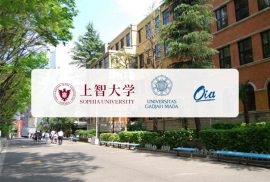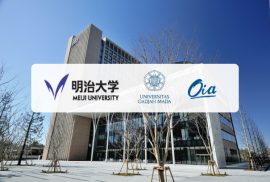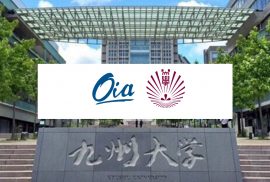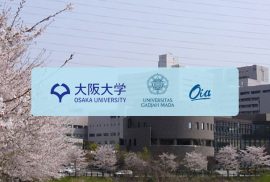Greeting from Sophia University, Tokyo!
Arsip:
Slide
Greetings from SciencesPo, France!
Greetings from Saitama University, Japan!
Greetings from Meiji University, Tokyo, Japan!
Greetings from Nagoya University, Japan!
Greetings from the University of Oxford!
Greetings from Kyushu University in Japan!
Greetings from Osaka, Japan!
Greetings from Inha University, South Korea!
Greetings from University of Tokyo, Japan!











Recent Comments